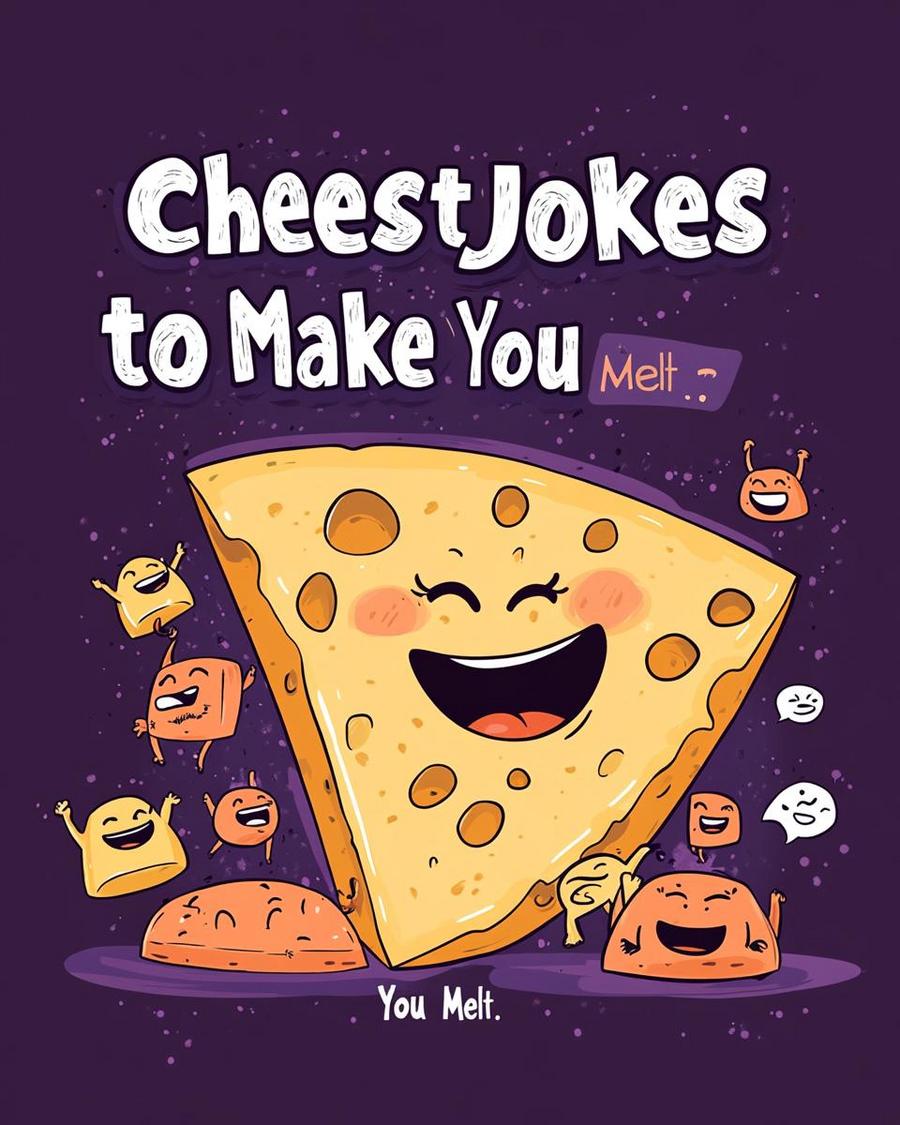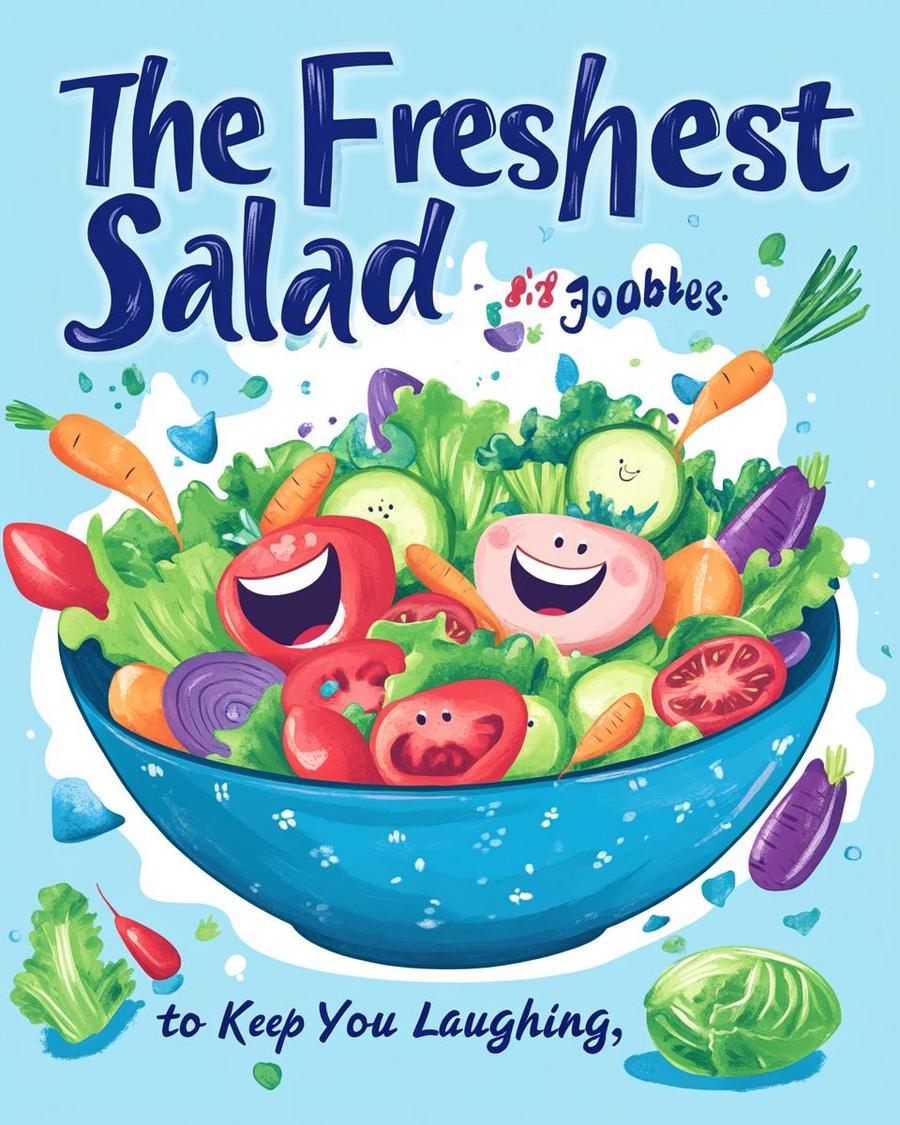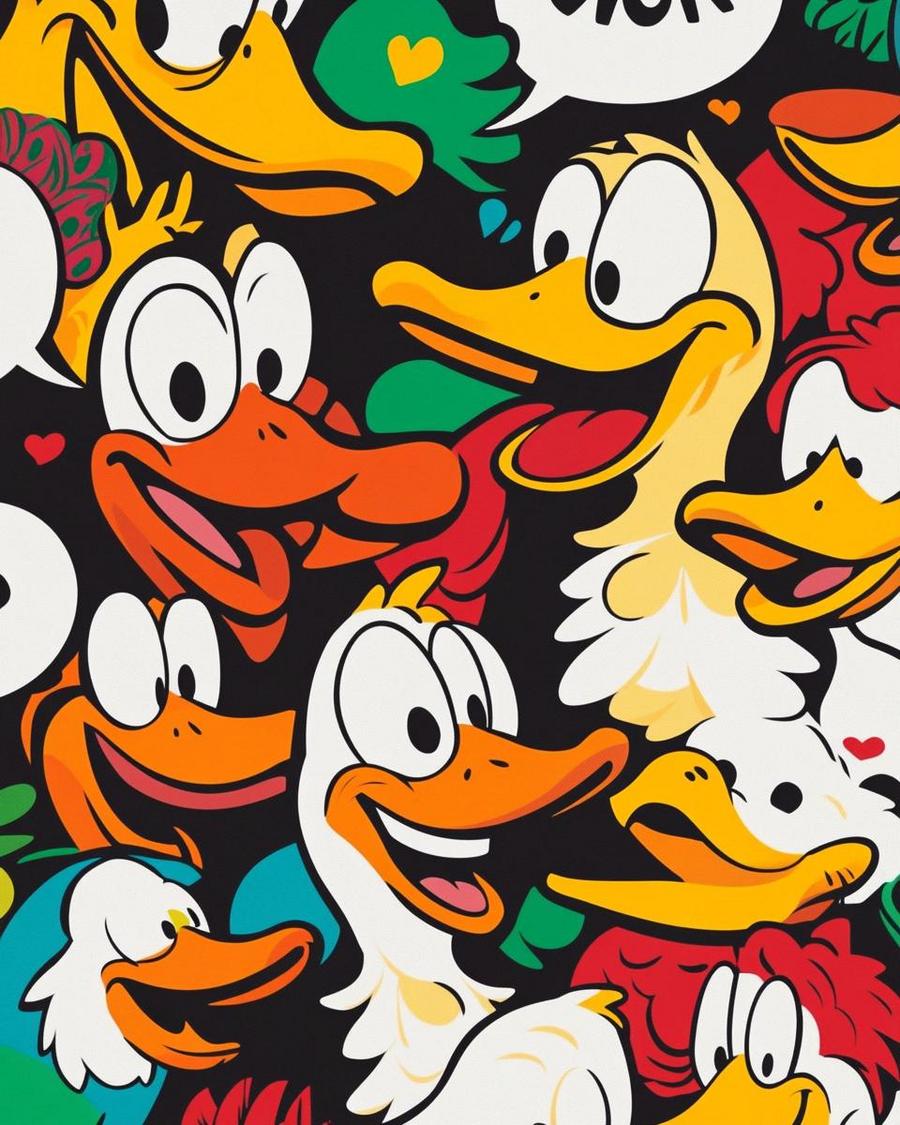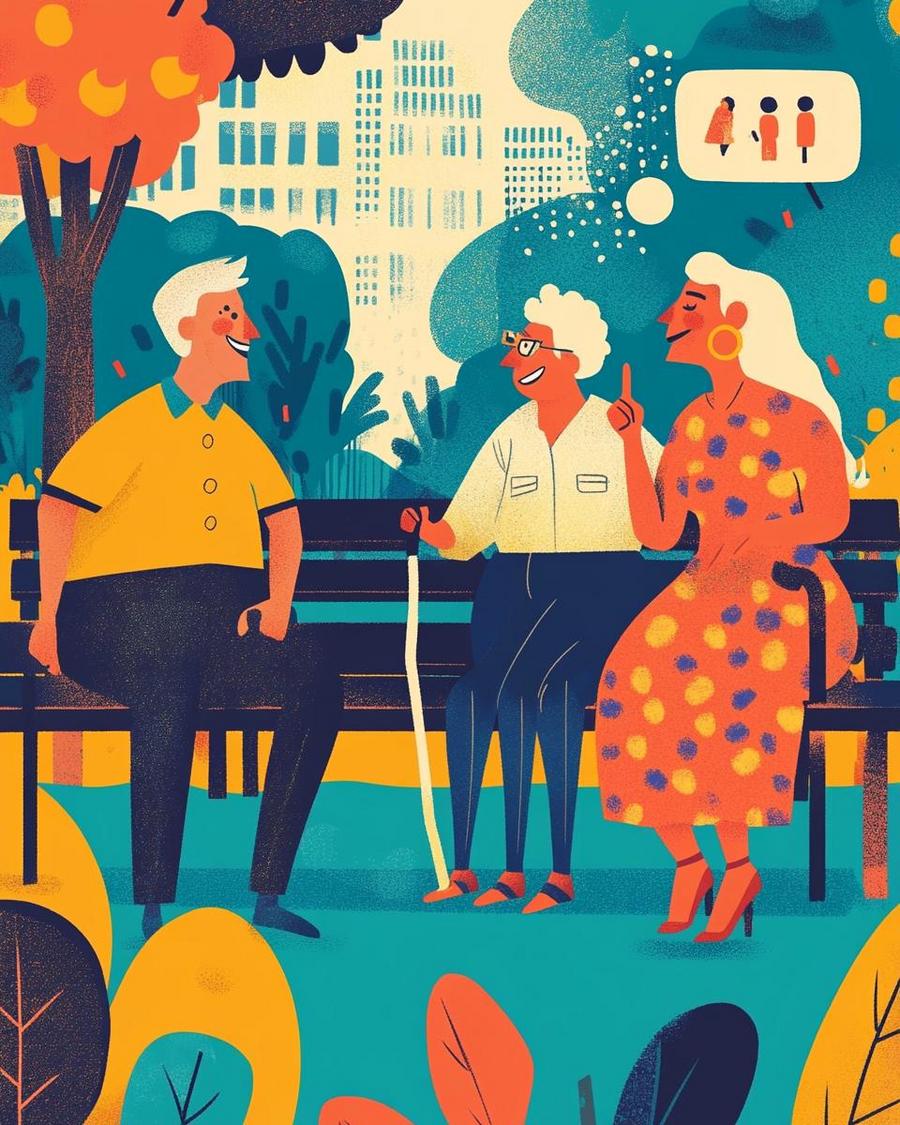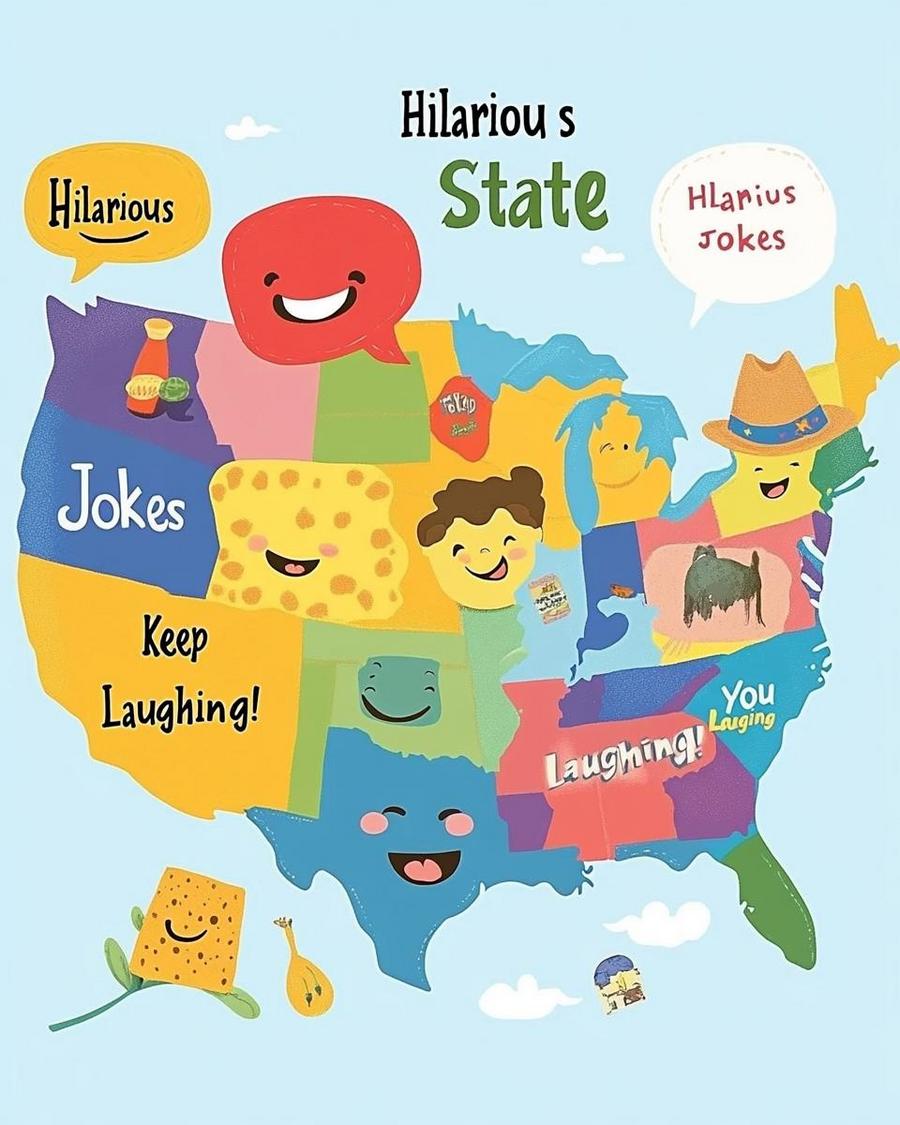Ultimate Collection of Polack Jokes
Polack jokes have been a staple in comedy for decades, often pushing boundaries and sparking debates. These jokes, while sometimes controversial, have a unique place in the humor landscape. But what makes them so enduring and why do they continue to amuse audiences?
TLDR: Key Topics Covered in This Polack Jokes Post!
- The history and evolution of Polack jokes
- Why these jokes are controversial yet popular
- Examples of famous Polack jokes
- Impact on Polish culture and stereotypes
In this post, we’ll delve into the origins and evolution of Polack jokes. We’ll also explore why these jokes, despite their controversy, remain a popular comedy genre. Are they harmless fun, or do they perpetuate harmful stereotypes? Let’s find out.
For more on the broader context of ethnic humor, check out our Ethnic Humor post. Additionally, if you’re curious about other controversial comedy topics, our Boundary-Pushing Comedy article might pique your interest.

The History and Origin of Polack Jokes
Polack jokes have a complex history rooted in socio-political contexts. These jokes emerged as a way to demean Polish people, often reflecting broader societal prejudices.
During World War II, Polish people faced severe persecution. This period saw the rise of many derogatory jokes aimed at them. The jokes often painted Poles as unintelligent or clumsy, reinforcing negative stereotypes.
Socio-Political Climate
In the 1970s, Polack jokes gained popularity in the United States. The socio-political climate of the time, including the Cold War and anti-immigrant sentiments, contributed to the spread of these jokes.
Figures like comedian Johnny Carson and shows like “The Tonight Show” played roles in popularizing Polack jokes. These jokes often spread through media and word of mouth, embedding themselves in popular culture.
Understanding the origins of Polack jokes helps us see how humor can perpetuate harmful stereotypes. It’s crucial to recognize the historical context to challenge and change these narratives.
Understanding the Impact of Polack Jokes
Polack jokes have long been a part of comedic culture, but they come with significant consequences. These jokes often perpetuate negative stereotypes about Polish people. While some see them as harmless fun, others recognize the deeper impact they have on the Polish community.
One major issue is how these jokes contribute to the public’s perception of Polish people. By portraying them as less intelligent or capable, these jokes reinforce harmful polish stereotypes. This can affect how Polish individuals are treated in various social and professional settings.
The psychological effects on those targeted by these jokes are also noteworthy. Being the subject of ridicule can lead to feelings of inferiority and shame. It can also foster a sense of isolation within the community, as individuals may feel misunderstood or unfairly judged.
The Cultural Impact of Polack Jokes
Over time, these jokes can shape the cultural identity of a group. For Polish people, constantly being the butt of jokes can influence their polish mentality and how they view themselves. It can create a negative self-image that is hard to shake off.
Furthermore, these jokes can have long-term cultural impacts. They can hinder the preservation and appreciation of Polish heritage by overshadowing positive aspects of polish people characteristics. This makes it vital to question and challenge the use of such humor in everyday life.
For those looking to understand more about the history and implications of Polish jokes, this article provides a comprehensive overview.
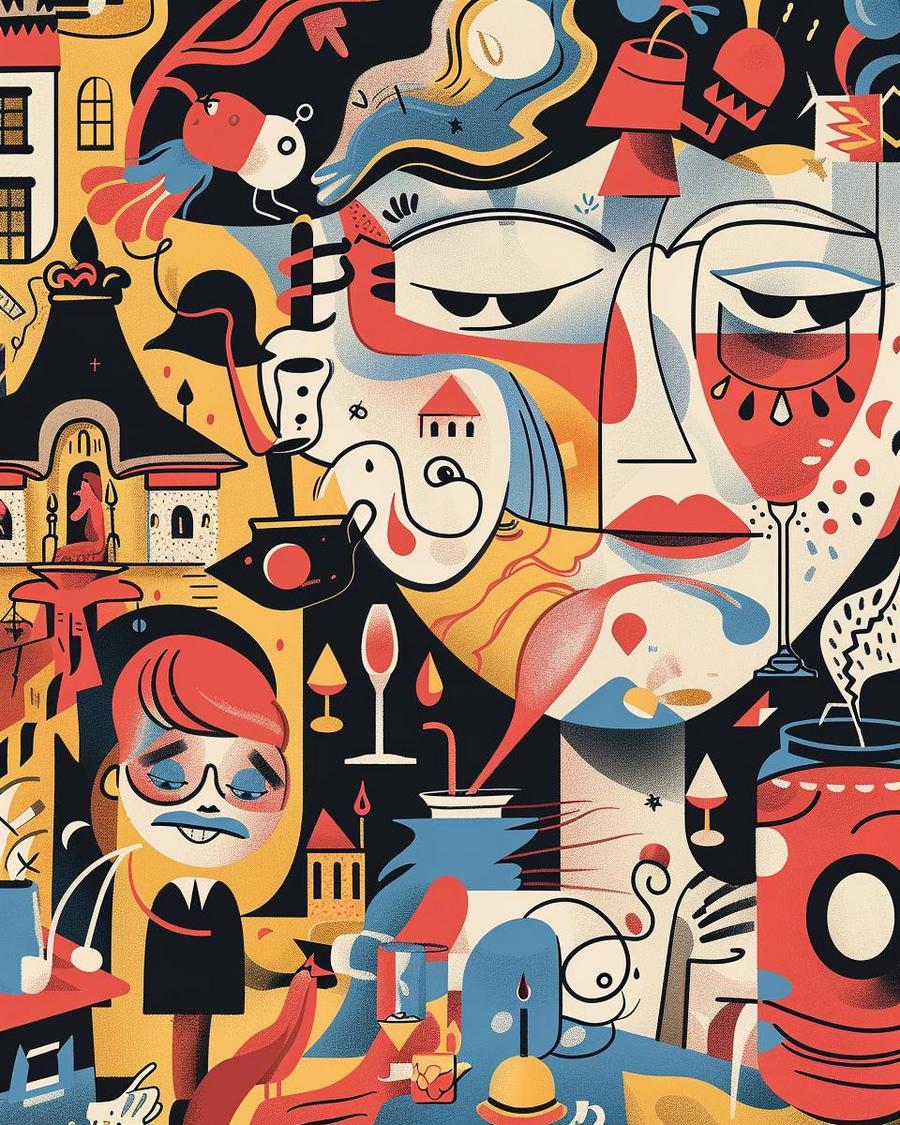
Common Themes in Polack Jokes
Polack jokes often follow certain recurring themes and motifs. These often target stereotypes about Polish people being unintelligent or clumsy. Here are some common themes:
- Lack of intelligence: Many jokes center on the idea that Polish people are less intelligent.
- Clumsiness: Another common theme is portraying Poles as physically awkward or inept.
- Misunderstanding simple concepts: These jokes suggest Poles struggle to grasp basic ideas.
- Light bulb jokes: These involve the stereotype of needing many Poles to perform a simple task.
- Language barriers: Jokes often mock Polish accents or misunderstandings due to language differences.
Why These Themes Are Offensive
These themes are offensive because they perpetuate negative stereotypes and reinforce harmful biases against Polish people. They contribute to a culture of mockery and discrimination, which can have real-world impacts on how Polish individuals are treated and perceived.
Examples to illustrate these themes:
- Lack of intelligence: “Why did the Polack bring a ladder to the bar? To get to the high spirits.”
- Clumsiness: “How do you confuse a Polack? Put him in a round room and tell him to sit in the corner.”
- Misunderstanding simple concepts: “Why did the Polack stare at the can of orange juice? Because it said ‘concentrate’.”
- Light bulb jokes: “How many Polacks does it take to change a light bulb? Three—one to hold the bulb and two to turn the ladder.”
- Language barriers: “Why did the Polack get fired from the orange juice factory? He couldn’t concentrate.”
These jokes may seem innocent to some, but they can cause significant harm by perpetuating stereotypes and fostering a culture of prejudice.
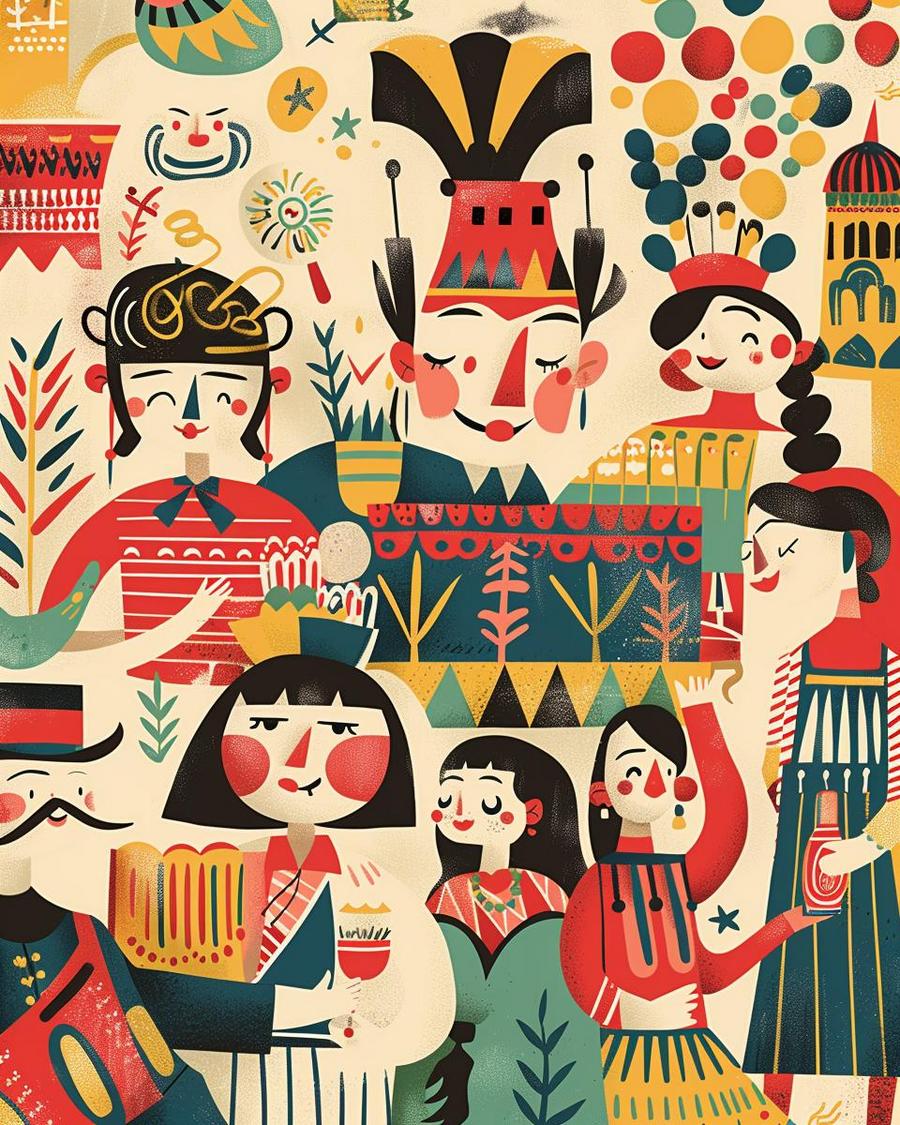
20 Popular Polack Jokes
Polack jokes have been around for decades, often pushing the boundaries of humor and taste. Here’s a curated list of 20 commonly known Polack jokes. Note that these jokes can be offensive and perpetuate negative stereotypes. Understanding why these jokes are hurtful is important for fostering respect and inclusivity.
- Why do Polacks put ice in their drinks? To keep the liquid cold.
- How does a Polack tie their shoes? With a lot of help.
- Why did the Polack stare at the can of orange juice? It said “concentrate.”
- Why don’t Polacks eat pickles? They can’t fit their heads in the jars.
- How do you keep a Polack busy? Give them a piece of paper with “see other side” on both sides.
- Why did the Polack bring a ladder to the bar? They heard the drinks were on the house.
- How does a Polack spell “farm”? E-I-E-I-O.
- Why do Polacks have TGIF on their shoes? Toes Go In First.
- Why did the Polack go to the dentist? To get their Bluetooth fixed.
- Why did the Polack sit on a newspaper? They wanted to keep up with current events.
Why These Jokes Are Offensive
These jokes often depict Polish individuals as unintelligent, perpetuating harmful stereotypes. They reflect broader societal attitudes that mock and belittle entire communities. Understanding the negative impact of these jokes is crucial in promoting respectful and inclusive humor. For more information on the history and impact of Polish jokes, visit this Wikipedia page.
- Why did the Polack bring a ladder to the supermarket? To reach high prices.
- How do you drown a Polack? Put a scratch-and-sniff sticker at the bottom of a pool.
- Why did the Polack take a ruler to bed? To see how long they slept.
- How does a Polack make holy water? They boil the hell out of it.
- Why did the Polack go to church with a ladder? They heard the sermon was on the mount.
- Why did the Polack put their money in the blender? They wanted to make liquid assets.
- Why did the Polack get fired from the orange juice factory? They couldn’t concentrate.
- How does a Polack write “success”? With a lot of mistakes.
- Why did the Polack bring a rope to the bar? In case they wanted to hang out.
- Why did the Polack wear a belt with a ladder? To keep their pants up.
These jokes highlight the need for more thoughtful and inclusive humor. Ethnic jokes often fuel misconceptions and prejudice. By understanding their impact, we can make more informed choices about the jokes we share and enjoy.
Light Bulb Jokes and Their Origins
Light bulb jokes are a classic form of humor. These jokes often ask, “How many people does it take to change a light bulb?” The punchline usually highlights a stereotype. But have you ever wondered about their origins?
The ‘how many to change a light bulb’ jokes started in the 1960s. They became popular because they were easy to understand and share. Sadly, Polish people often became targets of these jokes. During the 1970s, jokes about Polish people became widespread due to socio-political factors.
Examples of Light Bulb Jokes
- How many Polacks does it take to change a light bulb? Two. One to hold the bulb and one to turn the ladder.
- How many programmers does it take to change a light bulb? None. That’s a hardware problem.
- How many psychiatrists does it take to change a light bulb? Only one, but the bulb has to really want to change.
- How many lawyers does it take to change a light bulb? How many can you afford?
- How many actors does it take to change a light bulb? One, but they want the whole world to know about it.
- How many doctors does it take to change a light bulb? Depends on your insurance.
- How many musicians does it take to change a light bulb? Just one, but they will need a roadie to set up the ladder.
- How many teachers does it take to change a light bulb? One, but you need to show your work.
- How many mathematicians does it take to change a light bulb? None. They just prove that it can be done.
- How many politicians does it take to change a light bulb? Two. One to change it and one to change it back.
Why Polish People Became Targets
Polish people became targets due to political and social climates. In the 1970s, many jokes spread stereotypes about Polish communities. These jokes unfairly portrayed Polish people as unintelligent.
Interested in more jokes? Check out our ethnic jokes section.
The Role of Media in Spreading Polack Jokes
Media and entertainment have played a significant role in perpetuating Polack jokes. Over the years, Polish characters in movies and television have been portrayed in ways that reinforce stereotypes. This has contributed to the spread of these jokes and the negative perception of Polish people.
Polish Characters in Movies and TV
Movies and TV have often depicted Polish characters as less intelligent or clumsy, adding to the stigma. This portrayal has led to the normalization of Polack jokes in mainstream media.
The Impact of Social Media
In the modern era, social media platforms have become a new medium for spreading Polack jokes. Memes and joke threads on sites like Reddit have popularized these jokes further.
Examples of Polish Jokes on Social Media
- Funny Polish jokes memes can be found widely shared on social platforms.
- On Reddit, there are numerous Polish joke threads with varying levels of humor.
- The Reddit Polish joke thread is a popular search term.
Conclusion
While media has helped spread Polack jokes, it’s essential to be aware of their impact. Understanding the role of media can help us challenge and change these stereotypes.
Combating Polack Jokes: A Community Response
Polish communities worldwide have been working hard to combat offensive Polack jokes. They aim to change perceptions through education and positive initiatives. Below are some efforts and successes in this ongoing battle:
Community Efforts to Combat Polack Jokes
1. Educational Campaigns: Schools and community centers offer programs that teach the harmful effects of ethnic jokes.
2. Media Engagement: Polish communities engage with media to promote accurate representations.
3. Public Awareness: Events and social media campaigns highlight the negative impact of these jokes.
The Role of Education in Changing Perceptions
4. School Programs: Integrating lessons on cultural sensitivity in the curriculum.
5. Workshops: Hosting workshops that focus on the history and impact of ethnic jokes.
6. Community Outreach: Engaging with local communities to spread awareness and understanding.
Successful Campaigns and Initiatives
7. #RespectPoland: A social media campaign promoting positive Polish contributions.
8. Polish Pride Day: An annual event celebrating Polish culture and history.
9. Media Partnerships: Collaborating with media outlets to feature Polish success stories.
10. Documentaries: Producing documentaries that counteract stereotypes with real-life stories.
These efforts show that with dedication and community support, it’s possible to combat harmful jokes and foster a more respectful and inclusive society.

Polack Jokes in the Digital Age
In the internet era, Polack jokes have evolved and adapted to new platforms. Here are some examples and insights:
- Why did the Polack bring a ladder to the bar? To reach the high spirits!
- Why did the Polack stare at the can of orange juice? It said concentrate!
- How do you confuse a Polack? Put them in a round room and tell them to sit in the corner.
- Why did the Polack put his money in the blender? He wanted to make liquid assets.
- Why don’t Polacks use calculators? They prefer counting on each other.
- Why did the Polack plant Cheerios? He thought they were donut seeds.
- Why did the Polack take a ruler to bed? To see how long he sleeps.
- How do you keep a Polack busy for hours? Give them a piece of paper that says “flip” on both sides.
- Why did the Polack put his car in the oven? He wanted a hot rod.
- Why did the Polack sit on the clock? He wanted to be on time.
Adapting to New Platforms
Polack jokes have found a new home on social media and forums like Reddit. The anonymity of these platforms often allows for the spread of offensive humor without repercussions. Here are more examples:
- Why did the Polack bring a spoon to the Super Bowl? To stir up some excitement!
- Why did the Polack put his diploma in the blender? To get a higher education.
- Why did the Polack go to the bank with a ladder? To check his balance.
- Why did the Polack put his computer on a diet? It had too many bytes.
- Why did the Polack take a bath with his clothes on? He wanted to wash up on his studies.
- Why did the Polack sleep with a pencil? To draw his dreams.
- Why did the Polack go to the bakery? To get a loaf of common sense.
- Why did the Polack sit on the TV? He wanted to watch the couch.
- Why did the Polack wear glasses to bed? To keep an eye on his dreams.
- Why did the Polack put his money in the freezer? He wanted cold hard cash.
For more jokes and discussions, check out Reddit’s joke threads.
Polack Jokes: Hilarious Comedy that Pushes Boundaries
Polack jokes have a controversial history, often pushing the boundaries of humor. While they may evoke laughter, it’s essential to consider humor that respects all cultures. Here are some inclusive and non-offensive jokes:
Clean Polish Jokes
- Why did the Polish person bring a ladder to the bar? To reach the high spirits!
- How do you know a Polish person is at a bakery? They ask for a “piece of cake”!
- Why did the Polish person sit on the clock? They wanted to be on time!
- What do you call a Polish person who loves gardening? A “Polish plant-ner”!
- Why did the Polish person take a ruler to bed? To see how long they sleep!
- What do you call a Polish person with a lot of friends? Popular!
- Why did the Polish person go to school with a ladder? To go to high school!
- How do Polish people stay cool in a heatwave? They stay in their “coolest” room!
- Why did the Polish person eat a light bulb? They wanted a “bright” idea!
- What did the Polish person say to the baker? “You bake me happy!”
Funny One-Liners
- Why did the Polish person start a band? They wanted to make some “noise!”
- How many Polish people does it take to change a light bulb? One, but they bring a friend for laughs!
- Why did the Polish person bring a spoon to the bar? To stir up some fun!
- What do you call a Polish person in space? An “astro-Polish”!
- Why did the Polish person take a ladder to the library? They wanted to reach new heights in reading!
- How do Polish people make friends? They “Pol-ish” their social skills!
- Why did the Polish person bring a map to the party? To find the “directions” to fun!
- What do you call a Polish person who loves puzzles? A “Pol-ish puzzler”!
- Why did the Polish person go to art school? To brush up on their skills!
- What did the Polish person say to the chef? “You cook up my day!”
Promoting Positive Humor
Positive humor respects all cultures and brings people together. Comedians like Jim Gaffigan and platforms like r/CleanJokes promote inclusive jokes. It’s vital to enjoy humor that makes everyone smile.
The Future of Polack Jokes: Shifting Attitudes
In recent years, we’ve seen a noticeable decline in the popularity of Polack jokes. This change is part of a broader trend towards respecting and valuing cultural differences. Global movements like Black Lives Matter and #MeToo are raising awareness about the harmful effects of stereotypes and prejudice in humor.
Influence of Global Movements
These movements are not just about race or gender; they encompass a wider call for respect and inclusivity. As we become more connected globally, there’s a growing understanding that jokes targeting specific ethnic groups, like Polack jokes, can perpetuate harmful stereotypes. This shift in attitude is reflected in the decreasing prevalence of such jokes in mainstream media and social interactions.
Predicting the Future of Ethnic Humor
Looking ahead, it seems likely that ethnic humor will evolve to become more inclusive and respectful. Comedians and writers are increasingly aware of the impact their words can have on different communities. While humor remains a vital part of human interaction, the future promises a focus on jokes that bring people together rather than divide them. This is a positive step towards a more inclusive and understanding world.

